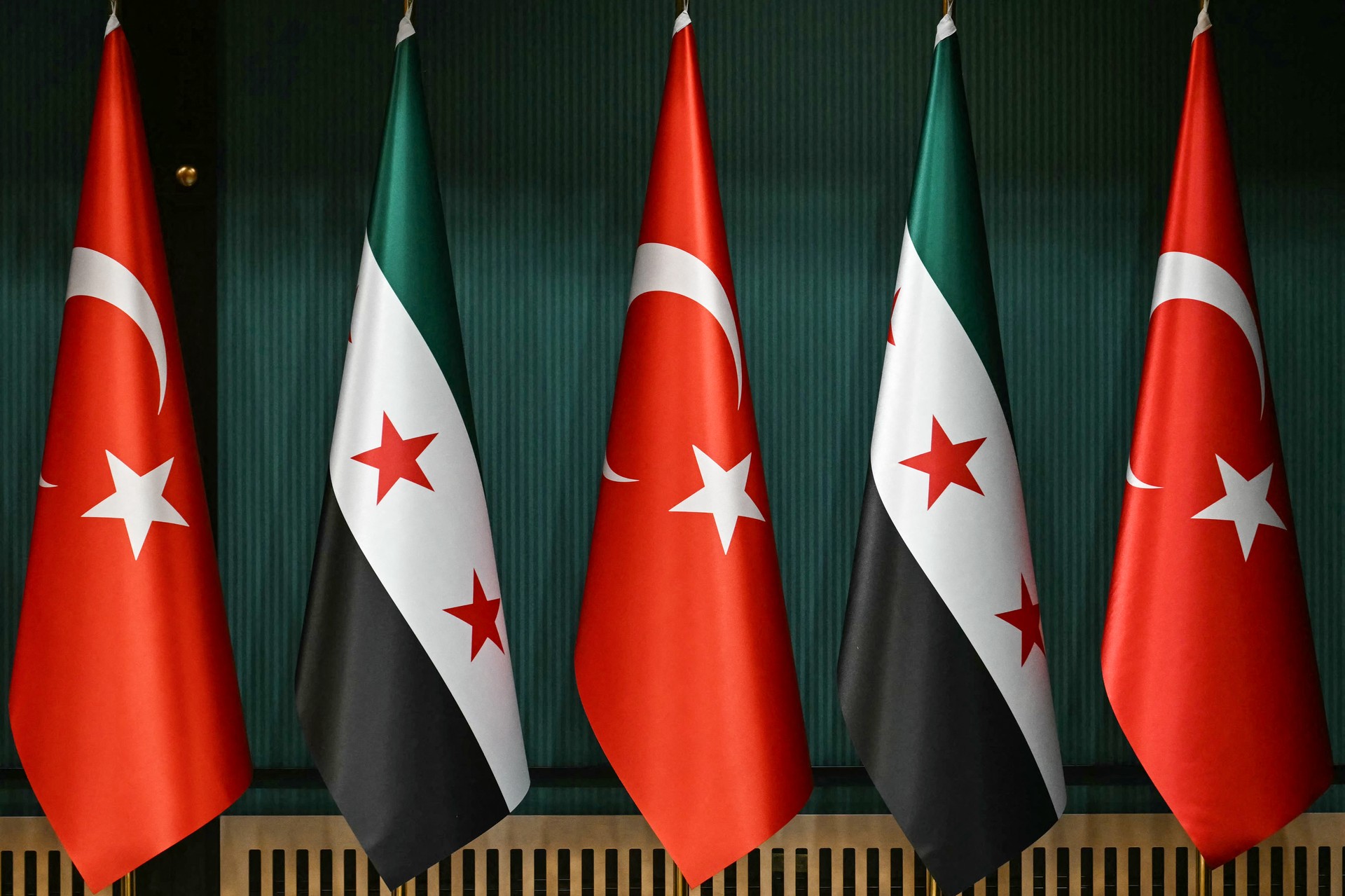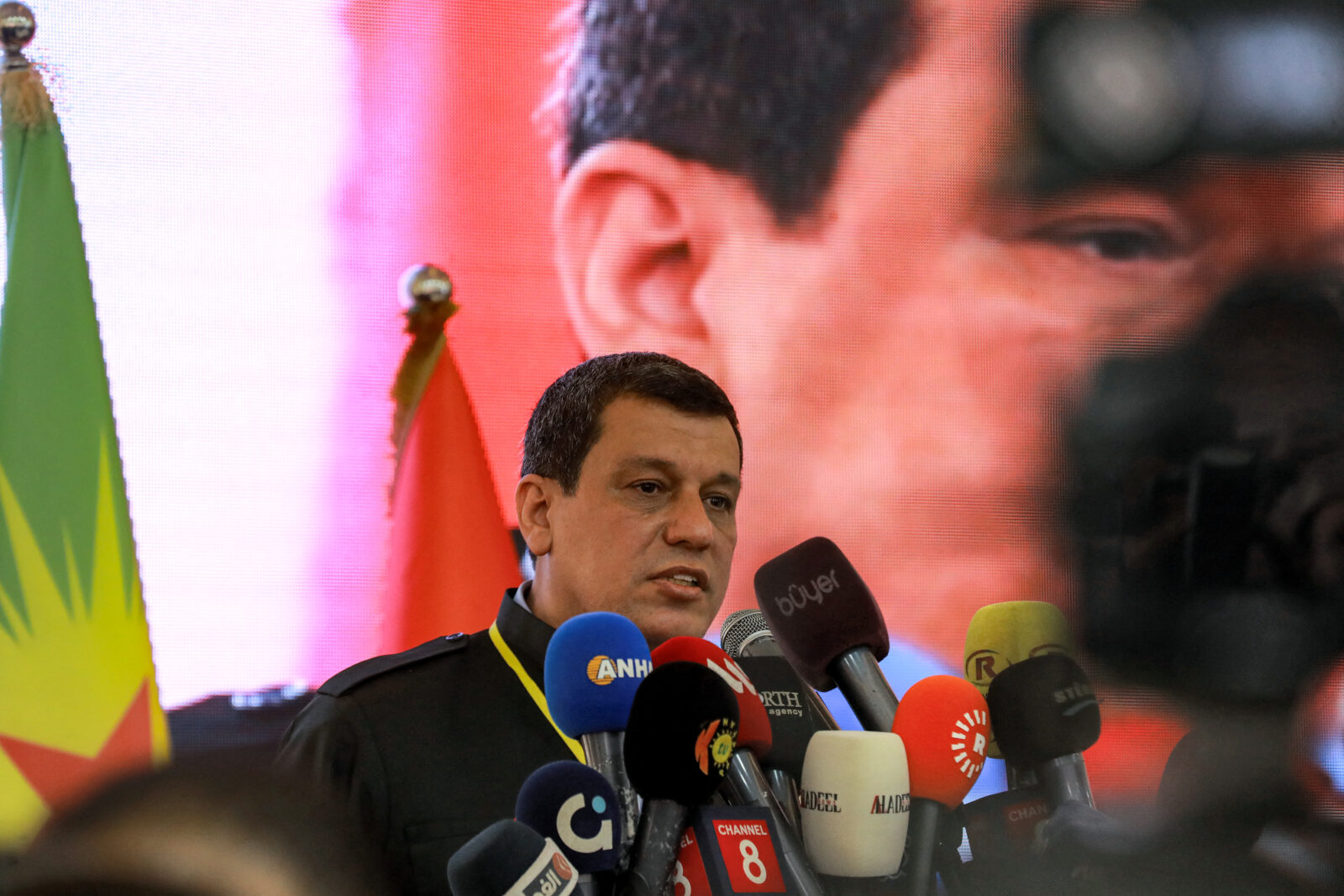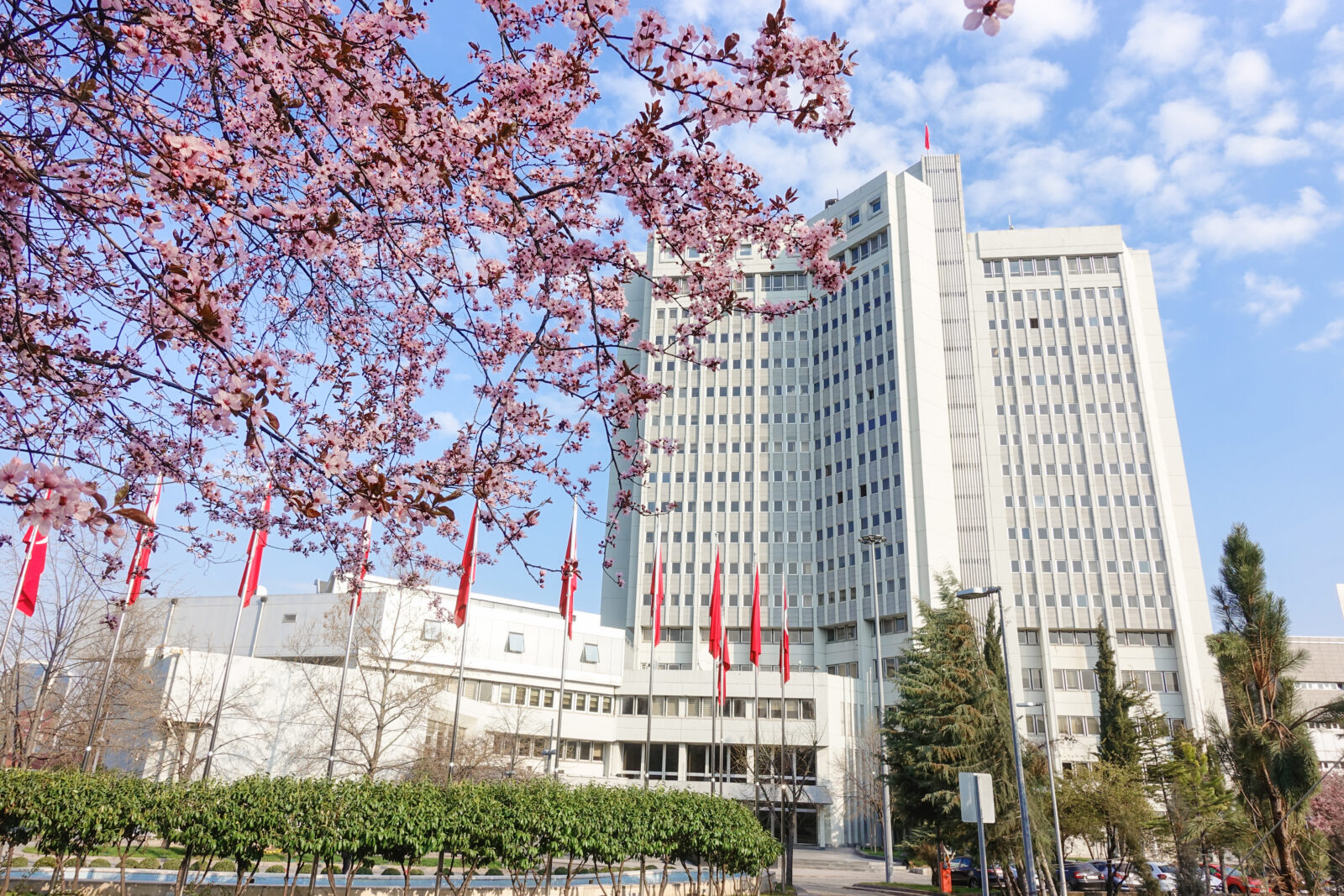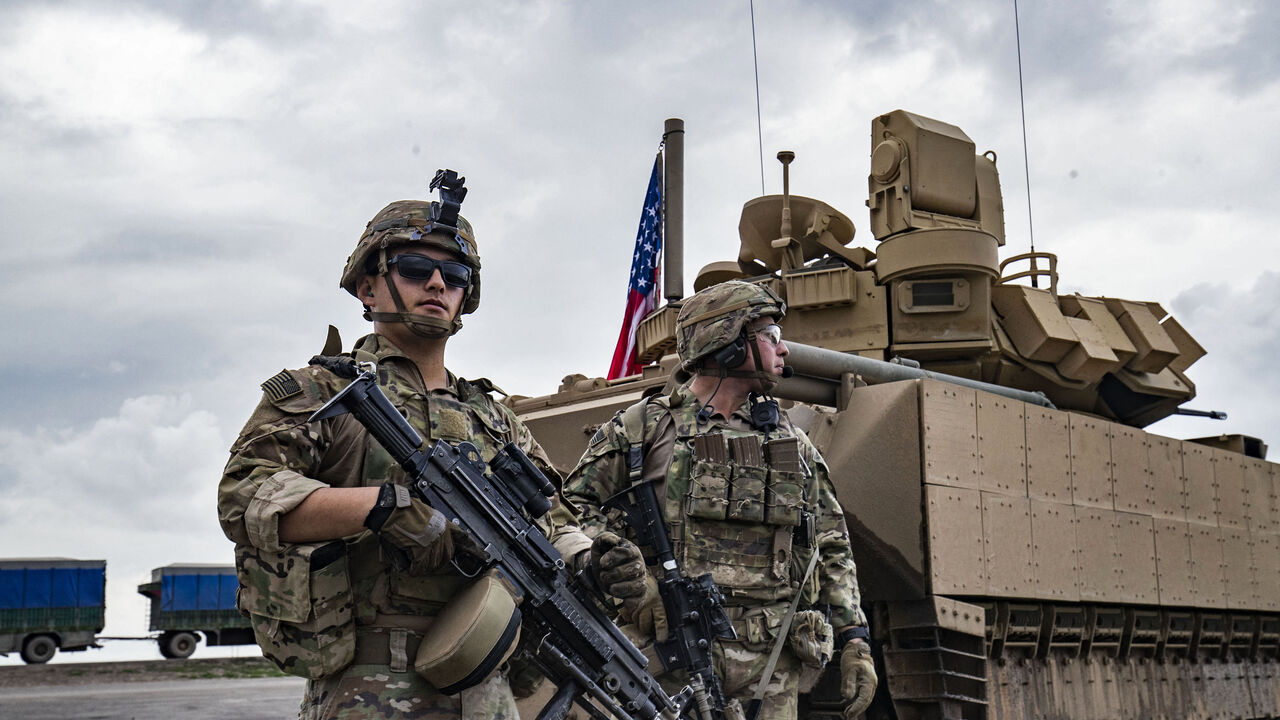
Türkiye strongly rejected the terrorist group SDF's calls for a federal state model in Syria, following the "Kurdish Unity and Position" conference held in Qamishli on April 26.
Turkish Foreign Ministry sources told Turkish media outlet Hurriyet that Ankara rejects any initiative undermining Syria's territorial integrity.
The Qamishli conference, attended by the PYD and factions aligned with the KDP, including the Syrian Kurdish National Council, reignited tensions over federalism. Both Türkiye and Damascus have denounced the outcome of the event.

Following the conference, the Syrian government reaffirmed a March 10 agreement reached with the SDF, stressing that the statements made at the conference did not reflect the spirit of that agreement.
"Preserving Syria's territorial unity remains a top priority for both Türkiye and the Syrian government," Turkish diplomatic sources told Hurriyet. "A constitutional framework based on central administration and equal citizenship for all groups is essential."
"Türkiye does not accept any initiative that targets Syria's territorial integrity, that will damage its sovereignty, or that allows weapons to be carried by others not in the Syrian central authority," a Turkish Foreign Ministry source speaking to Reuters said.
"We cannot consent to the disintegration of Syria's territorial integrity and the deterioration of its unitary structure under any guise," the source told a briefing in Ankara.
"We are against autonomous regions and/or decentralized rhetoric or activities, just as is the new Syrian administration," the source added.

Türkiye reiterated that any constitutional process must ensure full rights and freedoms for all ethnic and religious groups in Syria.
"We reject any initiative that obstructs a system where Syrians can express their identity and beliefs under constitutional guarantees," the sources said.
Ankara maintains that the Syrian government is responsible for removing terrorist and separatist elements. The implementation of the March 10 agreement with the SDF depends on ending the political and military influence of PKK-affiliated terrorist groups.
"The PKK must disarm and cease to obstruct normalization in the region," said the sources, warning that Türkiye retains the capacity and will to neutralize these threats if voluntary dissolution does not occur.
Recently speaking during a joint press conference with Qatari Prime Minister and Foreign Minister Sheikh Mohammed bin Abdulrahman Al Sani in Doha, Foreign Minister Hakan Fidan has also stated, "We expect the agreement signed between the SDF and the Syrian administration in recent months to be implemented. Our sensitivity to this matter is clear."
He added, "It is time for actors who continue to burden governments using old terrorist methods to leave the system. (In Syria) just as Daesh was removed from the system, the PKK will also be removed. It will either leave peacefully or by other means."

Addressing reports of Turkish bases in Syria, officials said Türkiye could cooperate with Damascus under mutual agreements if Syria identifies a national security need.
"We are open to discussions on any matter that serves bilateral security interests," the officials stated.
Sources noted the relative calm in Syria's southern regions and highlighted the United States' decision to reduce its military footprint, a move closely monitored by Türkiye.
They also pointed to the recent formation of a technocratic cabinet in Syria and the start of processes to appoint members to the People's Assembly.

Despite partial sanction relief by Western countries, Syria's economic situation remains dire. Turkish officials told Hurriyet that the U.S. remains cautious in its engagement with Damascus, expecting confidence-building steps in return.
Türkiye has been actively working to ease sanctions imposed by the U.S., EU, and the UK, seeking exemptions to support Syria's reconstruction. These efforts have continued since the fall of the Assad regime.